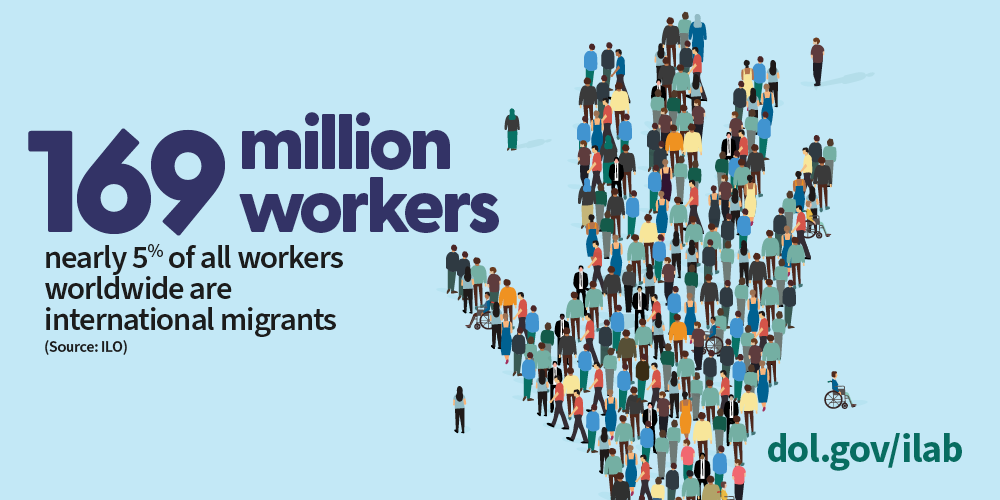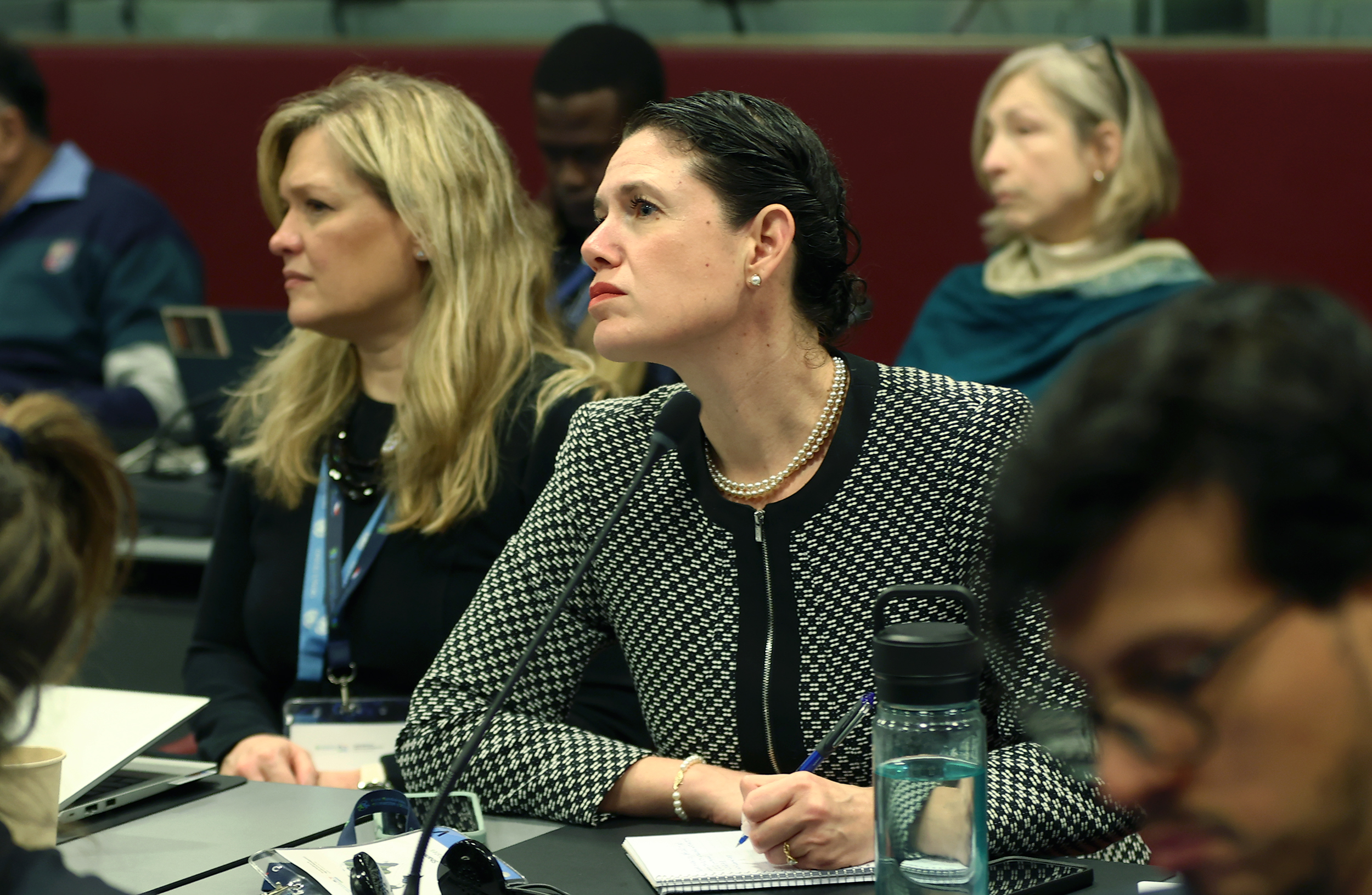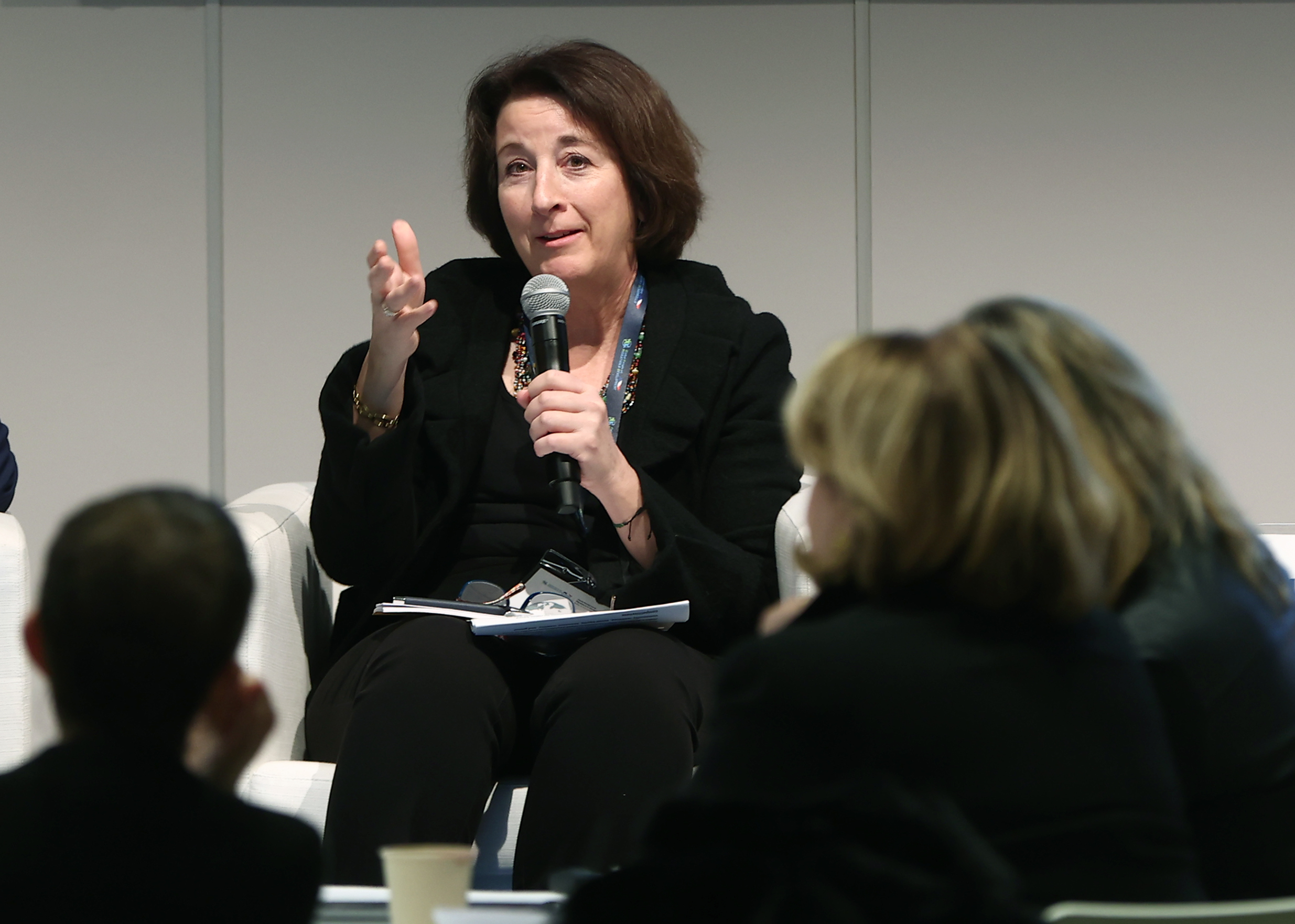
When I attended the recent Global Forum on Migration and Development as the lead U.S. Department of Labor representative, I was struck by the words of one panelist, “There are stories and there are versions,” she said. “But they feed our perceptions, and then policy makers make decisions and legislation based on those perceptions.”
There are so many ways to perceive the experiences of migrant workers and their stories and experiences vary to endless degrees. These stories help inform a human-centered approach to formulating policy. It is key that we view migration through a human lens, a worker lens and a rights-based lens. Migrant workers must be able to access their rights granted through international labor standards, such as the right to decent work, including freedom of association, collective bargaining, a safe and healthy work environment, and freedom from discrimination. Governments’ policies at the local, state, national and regional levels can help them get there.

I attended the Global Forum on Migration and Development, an informal, multi-day, multi-stakeholder space for exploring solutions to the development challenges facing international migrants, with a delegation led by Marta Youth, principal deputy assistant secretary at the U.S. Department of State’s Bureau of Population, Refugees, and Migration, and other representatives from the Department of State and USAID. Our strong presence reflected the U.S. government commitment to safe, regular and humane migration and development. My role was to advocate for and learn from others about ways to support the labor rights of migrant workers worldwide.

With 169 million migrant workers across the globe, making up nearly 5% of the workforce worldwide, we need sensible, sustainable, rights-based policies. The Bureau of International Labor Affairs is committed to elevating migrant workers’ voices, their access to resources and protections, and to consulting migrant workers, worker advocates, unions, employers and other stakeholders to ensure their stories and experiences can inform policy in a way that best reflects reality. This, combined with evidence-based decision making, can bring us closer to identifying durable solutions.
My main takeaway from the Global Forum can be summed up with the adage, “Nothing about us without us.” You can’t have a rights-based approach to migration policy without having those affected at the table.
I hope to continue to learn from migrants in ways that can shape my perceptions – and thus policy – for the better.
Lianna Shannon is an international relations officer at the Bureau of International Labor Affairs, Office of International Relations and Economic Research, U.S. Department of Labor

 U.S. Department of Labor Blog
U.S. Department of Labor Blog